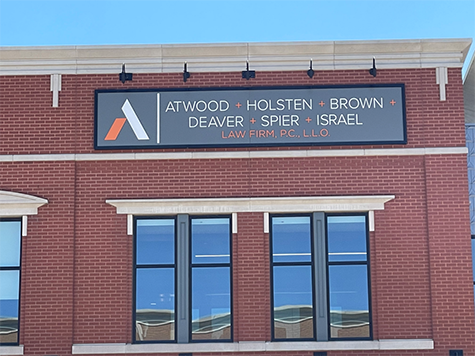Car buyers in Nebraska who look first for safety and durability often decide that vehicles manufactured by Volvo best suit their needs. The Swedish company has built a reputation for placing safety at the top of its list of priorities with innovations such as the three-point seat belt and the rearward facing child safety seat. The three-point seat belt alone is thought to have saved over 1 million lives since its introduction in 1959. Volvo is also a leading proponent of autonomous vehicle technology, and the company says that self-driving cars could virtually eliminate traffic accidents in the future.
However, Volvo is not prepared to sit back and wait until autonomous cars become commonplace on American roads, and the company say that they hope to reduce the number of Volvo drivers and passengers killed in car accidents to zero by 2020. This goal may sound lofty, but Volvo believes that the automotive safety technology already developed combined with self-driving technology could make it achievable.
The emerging automotive safety technology that Volvo is most excited about employs existing anti-lock braking, stability control and traction control systems to take control of vehicles in emergency situations and avoid crashes. Vehicles are able to anticipate hazardous situations using radar and a series of sensors that track the speed and movement of nearby vehicles and judge safe distances and stopping times based on road conditions.
While self-driving cars may one day consign car accident lawsuits to the ash heap of history, human recklessness and negligence will likely keep the courts busy for the foreseeable future. Auto accident victims often suffer catastrophic injuries that prevent them from working for significant periods, and those who perform particularly demanding work may never be able to return to their old jobs. Litigation filed on behalf of accident victims by personal injury attorneys could be brought against the negligent motorists who caused their injuries or their insurance providers or estates.











